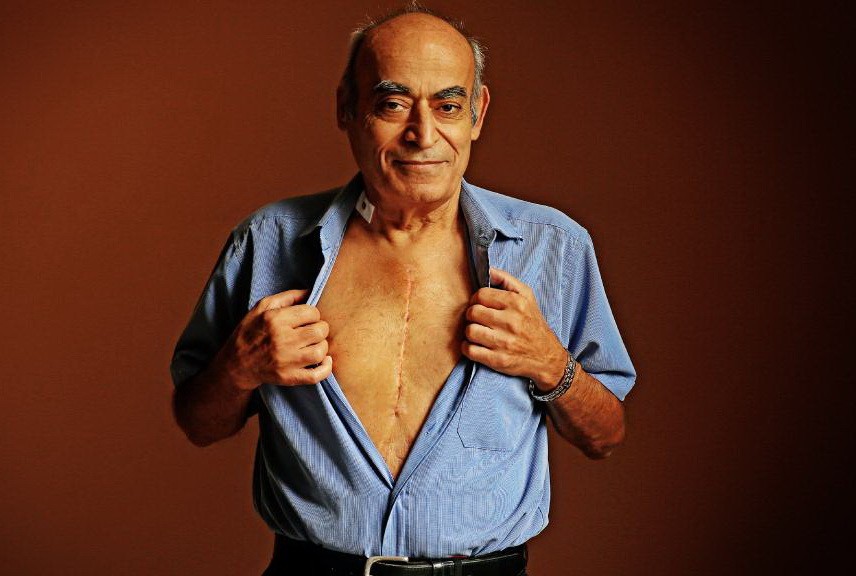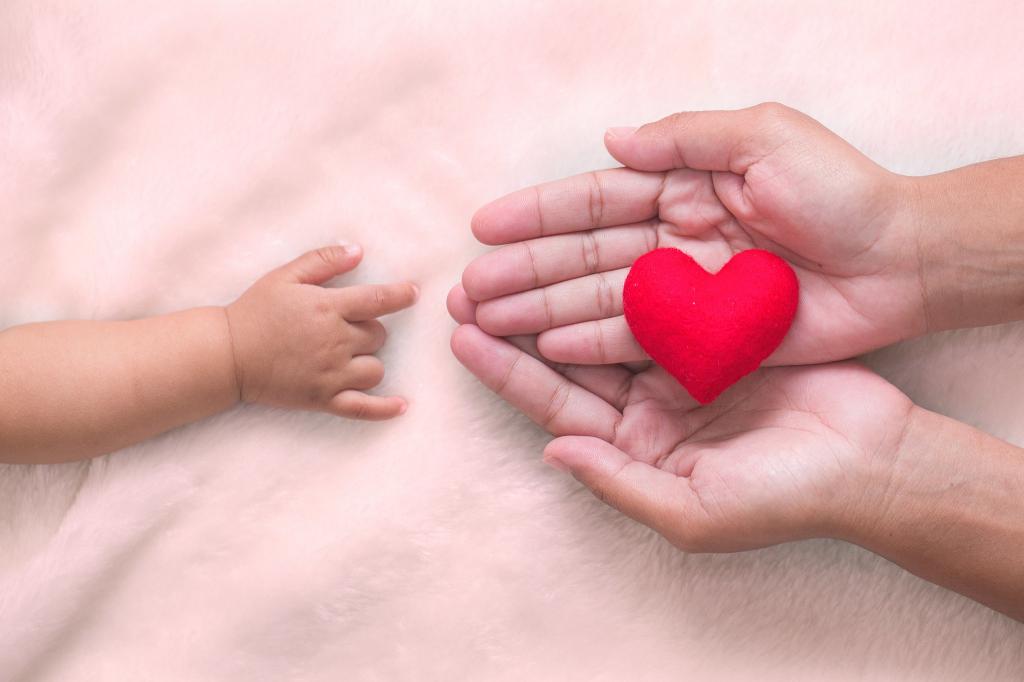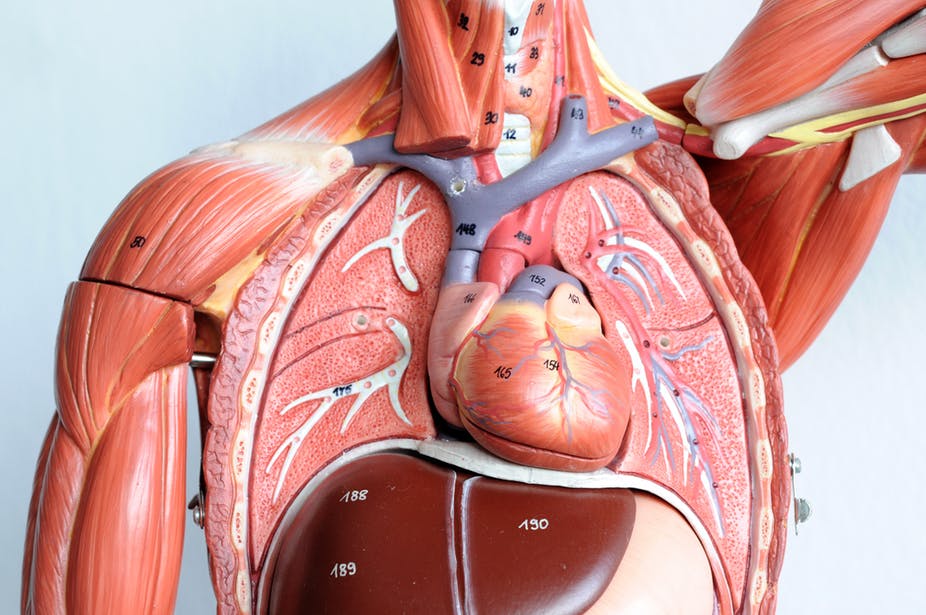Transplantation of the heart and simultaneously several organs, heart and lungs is one of the most complex operations in thoracic surgery. To conduct it, a surgeon must have a huge experience, highly advanced equipment and most importantly matched donor organs. Despite all the complexity, today upto 100 successful complex transplants per year and more than 3000 heart transplants are performed globally. However, in many countries, this procedure is still not available.
READ IN THE ARTICLE:
Indications for heart transplantation
What happens after the heart transplant?
How many people live after cardiac transplantation?
Where to Find a Surgeon for the Heart Transplant?
Features of pediatric heart transplantation
HEART TRANSPLANTATION
INDICATIONS FOR HEART TRANSPLANT SURGERY
Every year more than 3000 heart transplants are performed in the world. Heart transplantation is indicated for a person with terminal (incurable) heart failure, when the prognosis of one-year survival without transplantation is less than 50%. As a rule, patients with cardiomyopathy of various origins, benign tumors and inoperable congenital heart disease need heart transplantation.
A patient with significant functional impairments, such as:
- reduction of the maximum oxygen consumption to <14 ml / kg / min (or <50% of the maximum value) with the maximum drug therapy;
- lowering the level of sodium in the blood, lowering blood pressure, increasing the heart rate;
- III-IV class of heart failure according to the classification of the New York Association of Cardiology.
According to existing protocols, patients can rely on for heart transplantation up to 55-65 years.
Absolute contraindications for heart transplant are:
- persistent pulmonary hypertension (in which case a heart-lung transplant is required);
- complicated cases of diabetes;
- malignant neoplasms;
- obesity (BMI over 35);
- acute infectious diseases and chronic diseases in the acute phase;
- addictions, mental disorders, etc.
WHAT HAPPENS AFTER THE HEART TRANSPLANT PROCEDURE?

After cardiac transplantation, the patient is transferred to the intensive care unit for 5-7 days. The patient is connected to the monitors displaying the electrocardiogram, arterial pressure, respiratory rate and oxygen level. The patient is under constant supervision by the team of resuscitators, surgeons, cardiologists, pulmonologists and nurses. Heart replacement surgery requires 10-14 days of inpatient stay.
After a successful heart transplant operation, the greatest risks are associated with the organ’s rejection by the human immune system. In order for this not to happen, immunosuppressors are prescribed. These drugs suppress the immune system response and accordingly, the protective mechanism of the body. Therefore, in this stage it is very important that the patient is protected from various kinds of infections (antibiotics are prescribed).
Throughout the journey, the patient needs comprehensive care – rehabilitation for heart transplantation: medical, physiological and socio-psychological. Rehabilitation for heart transplantation has 3 stages: before surgery (working with the patient physiotherapist, rehabilitologist, cardiologist – preparation for surgery), in the resuscitation department (rehabilitation diagnosis 5-7 days) and after transfer to the cardiosurgery / cardiology department (physiotherapy, exercise therapy from 10 days to a month).
People who have heart transplants may suffer from cardiac rhythm disturbances and coronary artery atherosclerosis. These problems appear after few years. Therefore, patients after transplantation should undergo regular examinations, in particular angiography should be performed.
Among the negative consequences of heart transplantation it is also worth mentioning the risk of renal dysfunction, hypertension, development of neoplasms and metabolic syndrome.
How many years people live after the transplantation of the heart?
The world record for life expectancy after heart transplantation is 31 years (American Tony Hughesman). In Russia, the heart transplant patient survived for 17 years after procedure. If we talk about world statistics – people with heart transplant patients live up to 20 years. According to the latest data of the International Society for Heart and Lung Transplantation, a 20-year survival after pediatric heart transplant has also been achieved.
It is important to understand that a person can lead a normal life after a transplant and be a complete member of society. For example, 20,000 people with a donor heart live in America.
WHERE TO FIND A SURGEON FOR HEART TRANSPLANT?
One of the best cardio-thoracic surgeons in India is Dr. Attawar Sandeep. Currently, the doctor is the chairman and director of the cardiosurgery and transplantation program for the thoracic organs of the Global Hospital Chennai. Monthly 15-20 cadaver donors register in the donor database of Tamil Nadu Chennai. The results of heart and lung transplantation at Global Hospital Chennai are the best in India and correspond to those of the top heart transplant centers in North America. According to the Indian law, first preference is given to citizens of the country. But if there is no recipient for transplanting the heart of the corresponding blood group, then organ is given to foreign patients for transplantation. While waiting for the organ, the patient undergoes a cardiopulmonary rehabilitation program. The waiting time for the donor organ is 3-6 months. The heart transplant cost at Global Hospital Chennai is $ 76,500 (diagnosis, everything necessary for transplant, medication, 20 days heart transplant recovery in hospital and meals). The cost may differ in case of a heart transplant to the child (due to risks and complexity).
Statistics of heart, lung and complex transplantation at Global Hospital Chennai for 2013-2015:
- 30 lung transplants;
- 12 heart transplants: 11 adults, 1 child;
- 2 heart-lung transplants.
Heart and lung transplant and heart lung complex survival rates at Global Hospital Chennai for 2013-2015:
- Lung transplant survival rate: 1-year-old 25/30 (85%); 3-year-old 21/30 (70%).
- Heart transplant survival rate: 1-year-old 11/12 (91.66%); 3-year 10/12 (83%).
- Heart lung transplant: both patients who underwent surgery in Chennai feel satisfactory for 8 months and 1.3 years after transplantation.
PECULIARITIES OF TRANSPLANTATION OF HEART TO THE CHILD?

According to the register of the International Society for Heart and Lung Transplantation, 500-600 pediatric heart transplantation procedures are performed annually (12% of the total number of heart transplants).
In infants, congenital heart defects are the most common indication for transplantation. Congenital cardiomyopathy occurs in about 1 in 10,000 newborns. The most common indication for heart transplantation in older children is cardiomyopathy. Also the number of children who have heart failure after late surgery for congenital heart disease increased.
A special feature of a child’s heart transplant is a more difficult process of selecting a donor. In most of the CIS countries, there are problems with child organ donation due to the complexity of detecting brain death in children. Therefore, the only chance for a child under 11-14 years old is heart transplantation abroad. The shortest waiting time for donor organs are demonstrated by India. A child from abroad spends up to six months (it all depends on the individual characteristics, the heart can be found in few weeks) in the queue for transplantation.
5-year survival rate after heart transplantation in India has reached to 70%.
TRANSPLANTATION OF THE HEART-LUNG COMPLEX

Indications for heart-lung transplantation are primary pulmonary hypertension and congenital heart defects. A special feature of heart-lung transplantation is the difficult search for a donor, since priority is usually given to patients who need a transplant of single organ. According to the statistics of the International Society for Heart and Lung Transplantation, 50-100 complex transplants are carried out annually in the world. During the period from 1982 to 2012, 3,500 heart-lung transplants were performed. Over the past 9 years, the heart-lung transplants were performed 9 times.
The 5-year survival rate for pediatric heart and lung transplantation (for 2017) was 45%. In adults, the percentage of 1-year survival in heart and lung transplants reaches 65%, 5-year survival rate – 46%.
Simultaneous transplantation of the heart and lung is a complex procedure and the team of experienced specialists takes from four to six hours. The patient is then transferred to the intensive care unit. To suppress immunity rejection of transplanted organs, immunosuppressors are prescribed to the patient. Symptoms of rejection of transplanted organs are fatigue, fever, swelling of the hands and feet, weight gain, palpitations, shortness of breath, coughing and shortness of breath. Drugs can cause side effects such as high blood pressure, diabetes, high cholesterol and kidney problems.
For rehabilitation after heart and lung transplant, the patient needs the help of a physiotherapist who will tell how to strengthen new organs. The rehabilitation process may take several months.
In the future, the patient must undergo regular examination of the transplanted organs (initially 1 time in 3 months, later – 1 time per year). In addition to the risk of rejection and infection, there is a chance that a new heart and lungs will not work properly. As complications after a complex heart-lung transplant, bronchiolitis obliterans can develop (symptoms: shortness of breath, dry cough and wheezing). In the years following transplantation, it is worthwhile to fear narrowing of the cardiac arteries.
According to the statistics of heart transplant hospitals in India, about half of patients from the CIS can benefit from modern medication. However, the drugs necessary for the patients are not registered in their countries, therefore before coming to India, many people do not know about the possibility of such treatment.






